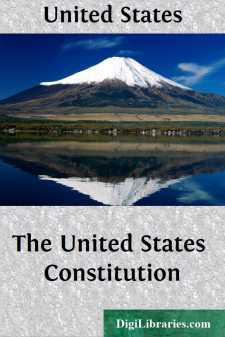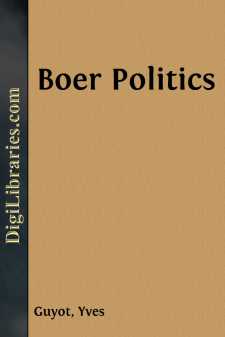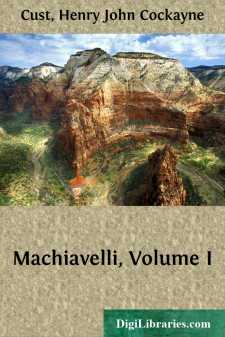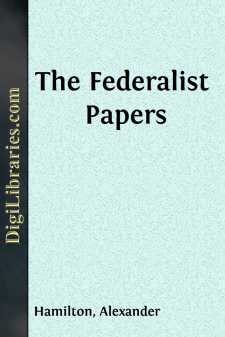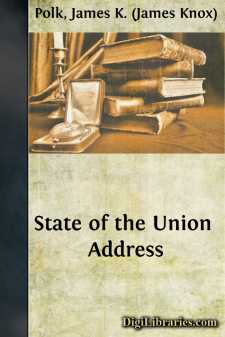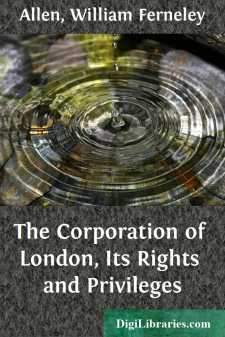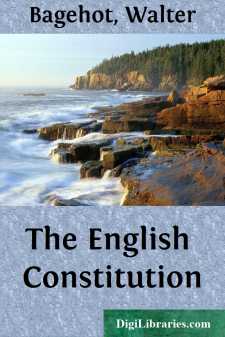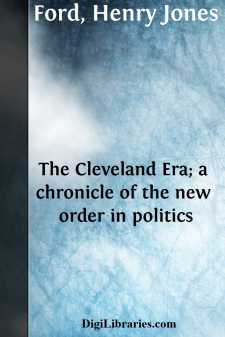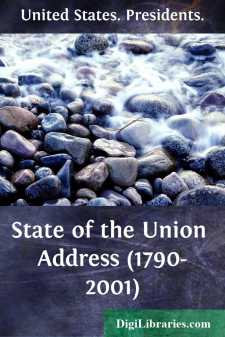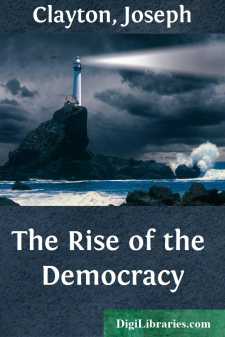Political Science
Political Science Books
Sort by:
by:
United States
Article I Section 1. All legislative Powers herein granted shall be vested in a Congress of the United States, which shall consist of a Senate and House of Representatives. Section 2. The House of Representatives shall be composed of Members chosen every second Year by the People of the several States, and the electors in each State shall have the qualifications requisite for electors of the most...
more...
by:
Yves Guyot
INTRODUCTION. A word in explanation of this English edition is perhaps not unnecessary. It will be remembered that the arguments in the following pages appeared originally in the columns of Le Siècle, and from the correspondence between M. Yves Guyot and Dr. Kuyper and M. Brunetière (Appendix B), the reader will understand how the publication of Le Siècle articles in pamphlet form arose. In the...
more...
INTRODUCTION The Life of a Day. ' am at my farm; and, since my last misfortunes, have not been in Florence twenty days. I spent September in snaring thrushes; but at the end of the month, even this rather tiresome sport failed me. I rise with the sun, and go into a wood of mine that is being cut, where I remain two hours inspecting the work of the previous day and conversing with the woodcutters,...
more...
FEDERALIST No. 1. General Introduction For the Independent Journal. Saturday, October 27, 1787HAMILTONTo the People of the State of New York: AFTER an unequivocal experience of the inefficacy of the subsisting federal government, you are called upon to deliberate on a new Constitution for the United States of America. The subject speaks its own importance; comprehending in its consequences nothing less...
more...
Fellow-Citizens of the Senate and of the House of Representatives: It is to me a source of unaffected satisfaction to meet the representatives of the States and the people in Congress assembled, as it will be to receive the aid of their combined wisdom in the administration of public affairs. In performing for the first time the duty imposed on me by the Constitution of giving to you information of the...
more...
The first historical notice of the City of London occurs in that portion of the Annals of Tacitus which treats of the insurrection of Boadicea. At that time it was a place much frequented by merchants, attracted partly by the natural advantages of the site, and partly by the vicinity of the Roman camp at Islington. It is stated that 70,000 persons, of both sexes and of all ages, were massacred by that...
more...
by:
Walter Bagehot
There is a great difficulty in the way of a writer who attempts to sketch a living Constitution—a Constitution that is in actual work and power. The difficulty is that the object is in constant change. An historical writer does not feel this difficulty: he deals only with the past; he can say definitely, the Constitution worked in such and such a manner in the year at which he begins, and in a manner...
more...
by:
Henry Jones Ford
CHAPTER I. A TRANSITION PERIOD Politicians at Washington very generally failed to realize that the advent of President Hayes marked the dismissal of the issues of war and reconstruction. They regarded as an episode what turned out to be the close of an era. They saw, indeed, that public interest in the old issues had waned, but they were confident that this lack of interest was transient. They admitted...
more...
Fellow-Citizens of the Senate and House of Representatives: I embrace with great satisfaction the opportunity which now presents itself of congratulating you on the present favorable prospects of our public affairs. The recent accession of the important state of North Carolina to the Constitution of the United States (of which official information has been received), the rising credit and...
more...
by:
Joseph Clayton
INTRODUCTION The British Influence Our business here is to give some plain account of the movement towards democracy in England, only touching incidentally on the progress of that movement in other parts of the world. Mainly through British influences the movement has become world wide; and the desire for national self-government, and the adoption of the political instruments of democracy—popular...
more...


